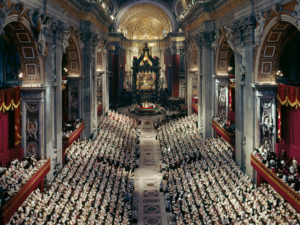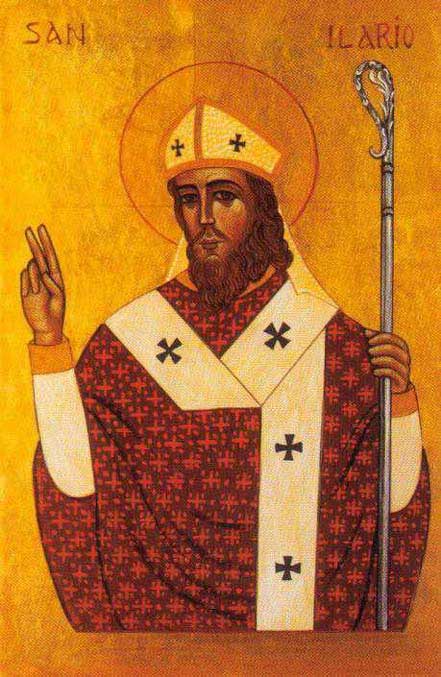Podcast: Play in new window | Download (Duration: 26:42 — 18.4MB) | Embed
Subscribe: Apple Podcasts | Spotify | Amazon Music | Android | Pandora | iHeartRadio | JioSaavn | Podchaser | Gaana | Podcast Index | Email | TuneIn | Deezer | Anghami | RSS | More

Msgr. Esseff reflects what it means to truly encounter Jesus. Do we recognize Him in the poor, the prisoner, the disabled, the stranger? Or do we pass Him by because we truly do not know Him? He offers insight primarily from the teachings found in the letter from St. James Chap 2:
My brothers and sisters, show no partiality
as you adhere to the faith in our glorious Lord Jesus Christ.
For if a man with gold rings and fine clothes
comes into your assembly,
and a poor person in shabby clothes also comes in,
and you pay attention to the one wearing the fine clothes
and say, “Sit here, please, ”
while you say to the poor one, “Stand there, ” or “Sit at my feet, ”
have you not made distinctions among yourselves
and become judges with evil designs?Listen, my beloved brothers and sisters.
Did not God choose those who are poor in the world
to be rich in faith and heirs of the kingdom
that he promised to those who love him?. – NAB
Msgr. John A. Esseff is a Roman Catholic priest in the Diocese of Scranton. Msgr. Esseff served as a retreat director and confessor to St. Teresa of Calcutta. He continues to offer direction and retreats for the sisters of the missionaries of charity around the world. Msgr. Esseff encountered St. Padre Pio, who would become a spiritual father to him. He has lived in areas around the world, serving in the Pontifical missions, a Catholic organization established by Pope St. John Paul II to bring the Good News to the world especially to the poor. Msgr. Esseff assisted the founders of the Institute for Priestly Formation and continues to serve as a spiritual director for the Institute. He continues to serve as a retreat leader and director to bishops, priests and sisters and seminarians and other religious leaders around the world.

 Msgr. Esseff reflects on the Angelic Realm, the celebration of the Eucharist, and the magnificence of the Throne of God
Msgr. Esseff reflects on the Angelic Realm, the celebration of the Eucharist, and the magnificence of the Throne of God



